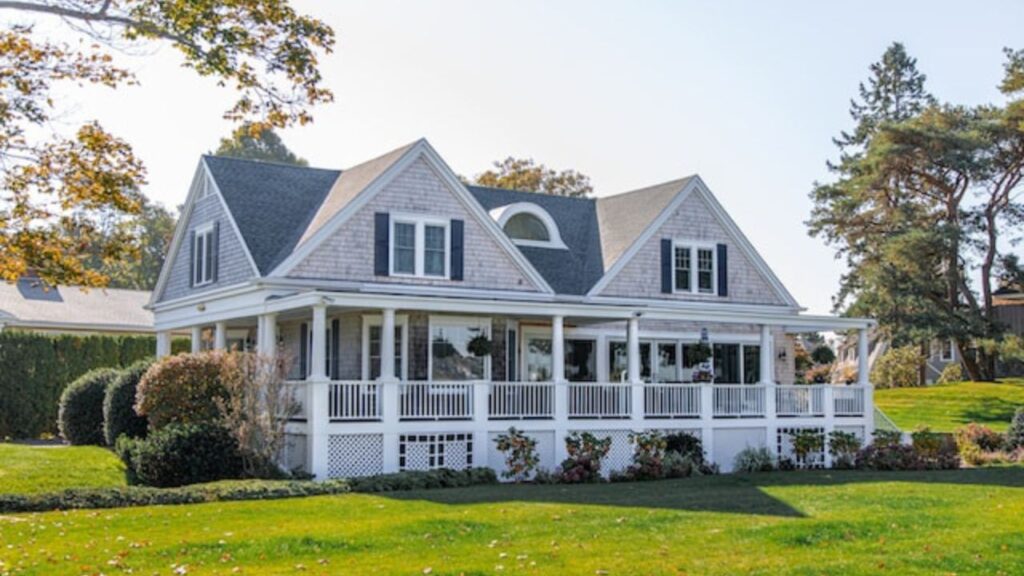
Mortgage life insurance is different from mortgage loan insurance, also known as mortgage default insurance. You must buy mortgage loan insurance if your down payment is less than 20% of your home’s purchase price. Optional mortgage insurance products are term life, critical illness and disability insurance products that can help make mortgage payments or can help pay off the remainder owing on your mortgage.
| Term Life Insurance | Mortgage Insurance | |
|---|---|---|
| Does it Cover Your Mortgage? | Yes | Yes |
| Does it Cover Other Expenses? | Yes | No |
| Who Gets the Death Benefit? | Your Beneficiary | Your Lender |
| Does Your Coverage Amount Stay the Same? | Yes | Your Coverage Decreases |
| Will You Have Protection if You Change Mortgage Lenders? | Yes | You May Lose Coverage |
Do You Have to Get Mortgage Insurance?
When purchasing a home with a down payment amounting to less than 20% of the purchase price, mortgage insurance becomes a necessity. The premiums for mortgage insurance are determined based on a percentage of your principal amount. The insurance premium for mortgage loan insurance is covered by your lender. It is calculated as a percentage of the mortgage, dependent on the size of your down payment. Typically, your lender will transfer this expense to you. You have the option to pay it upfront as a lump sum or to include it in your mortgage and spread the cost across your payments. CMHC’s insurance rates are separate from a mortgage insurance product that can also be offered.
- If the home costs $500,000 or less, you’ll need a minimum down payment of 5%
- If the home costs more than $500,000, you’ll need a minimum of 5% down on the first $500,000 and 10% on the remainder
What is Mortgage Insurance?
Mortgage life insurance is coverage that you can purchase as a mortgage borrower. It’s designed to pay off or pay down the mortgage if you die. The insurance money payable under the coverage is always applied to the mortgage balance. Optional mortgage insurance products are life, critical illness and disability insurance products that can help make mortgage payments or can help pay off the remainder owing on your mortgage. This can help your family stay in their home, even if the primary income used to make the mortgage payments is no longer there.
Why Should You Avoid Mortgage Insurance?
Mortgage life insurance can be convenient to get at the bank when you’re arranging your mortgage. It may be easier to qualify for coverage than with personal life insurance. Mortgage life insurance also features an easy application process. Since mortgage life insurance is group insurance, this can result in lower premiums because the risk is spread out over a large group of people.
- Generally, you should avoid mortgage insurance because mortgage life insurance from most lending institutions is non-convertible term insurance
- No premium flexibility. You have no flexibility when it comes to premium payments
- No ability to move to a permanent life insurance policy if your needs change
- Usually mortgage life insurance covers the exact amount of your mortgage.
- Policy coverage decreases as the mortgage is paid down
- Coverage is lost when the mortgage is paid off
- Your lender owns the policy and if you find a better mortgage rate at another lending institution, you will have to re-qualify medically for the life insurance protection
- Your lender automatically pays off the mortgage if you die
- Your beneficiary has no choice about how to use the funds, at a time when funds may be required the most
- The cost per $1,000 of coverage generally increases every year
- When you think about it, costs may increase while coverage decreases
- Generally, most mortgage life insurance is underwritten at time of claim
- Mortgage life insurance cannot be moved to another institution
- You can not change if another company is offering a better product
How is Personal Life Insurance Different?
Life insurance provides a payout if you pass away while covered under the policy. Unlike mortgage life insurance, where benefits are tied to the remaining mortgage balance, personal life insurance offers more flexibility. Typically, the homeowner owns the policy, and the beneficiaries can use the payout as they deem fit. For instance, the funds can be utilized for various purposes such as covering educational expenses, settling outstanding debts like credit card bills, or meeting day-to-day living costs.
Personal life insurance policies can be purchased for terms independent of your mortgage’s amortization period. Unlike mortgage-linked insurance, your personal life insurance remains intact regardless of whether your mortgage is fully paid off or transferred to another financial institution. While mortgage life insurance decreases in line with your mortgage balance, personal life insurance coverage remains constant. This ensures ongoing financial protection for your beneficiaries.



